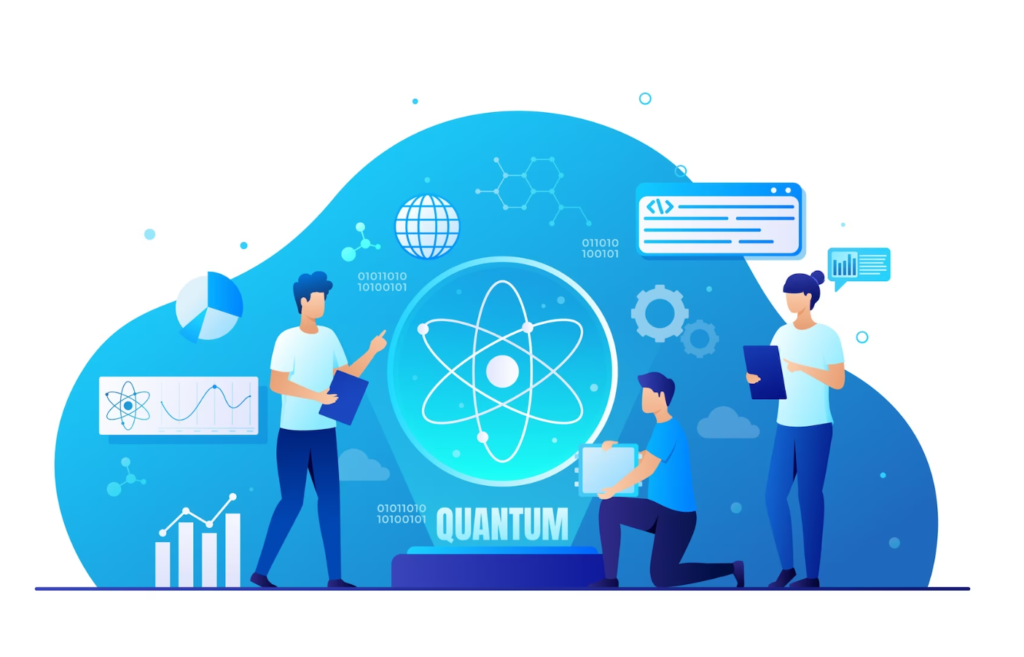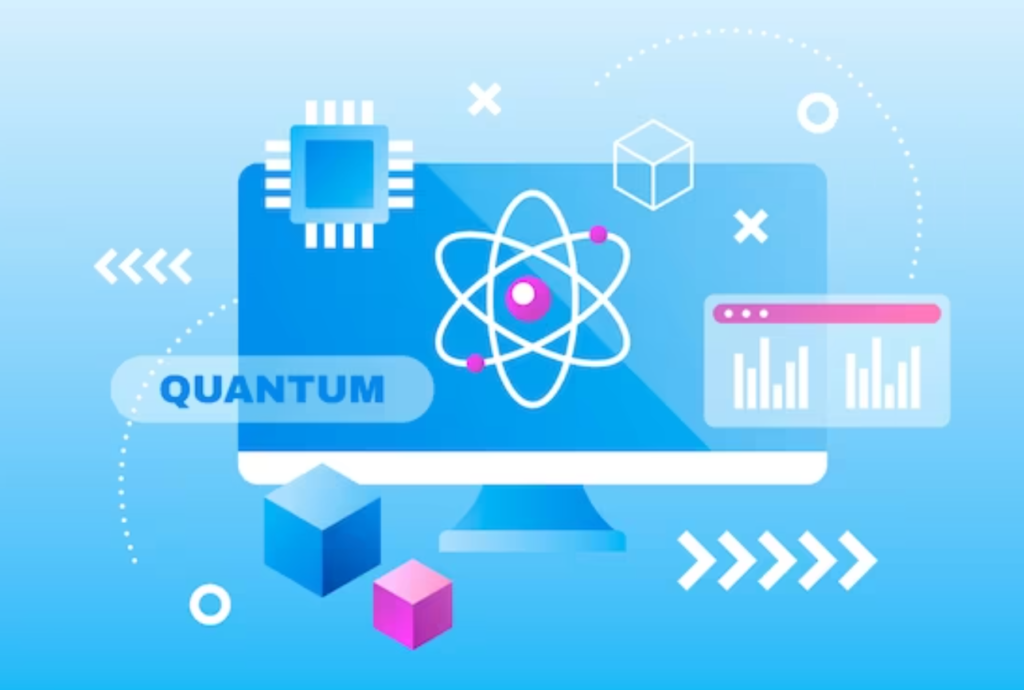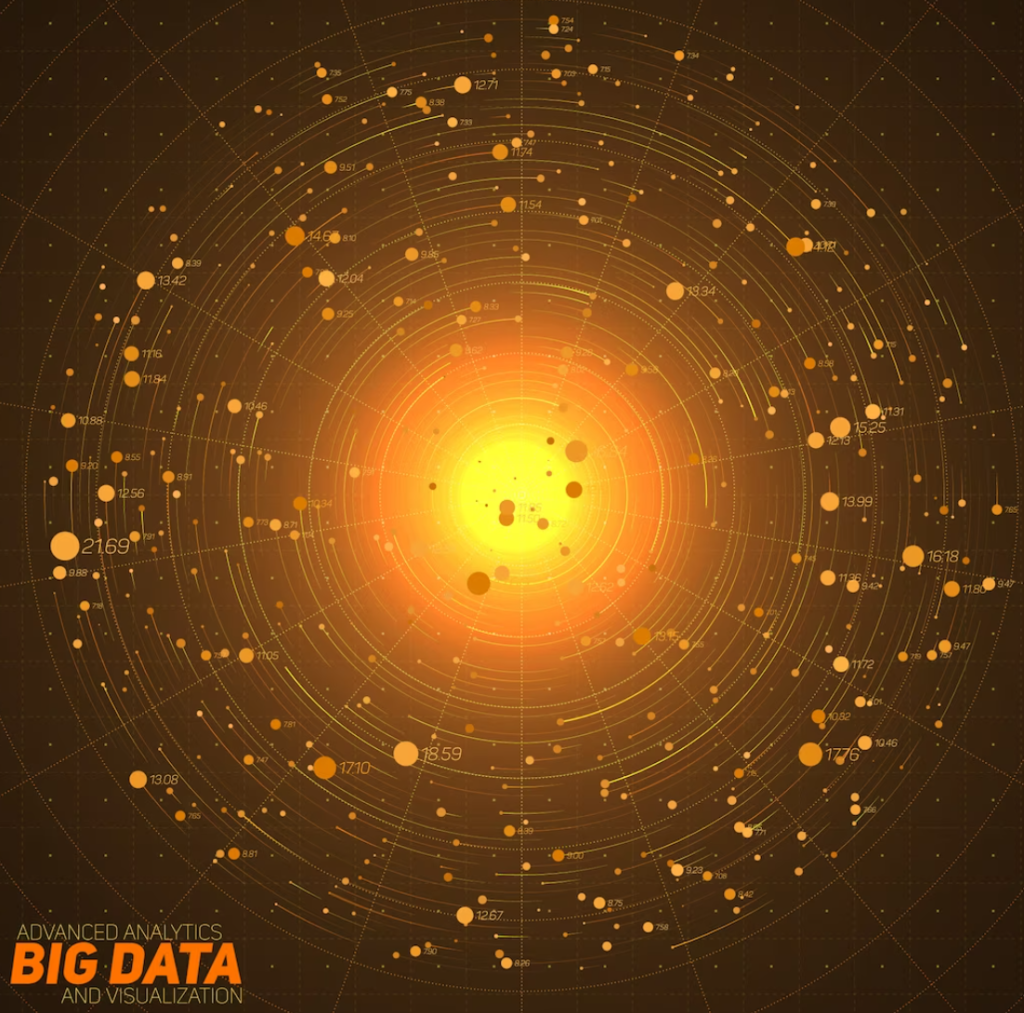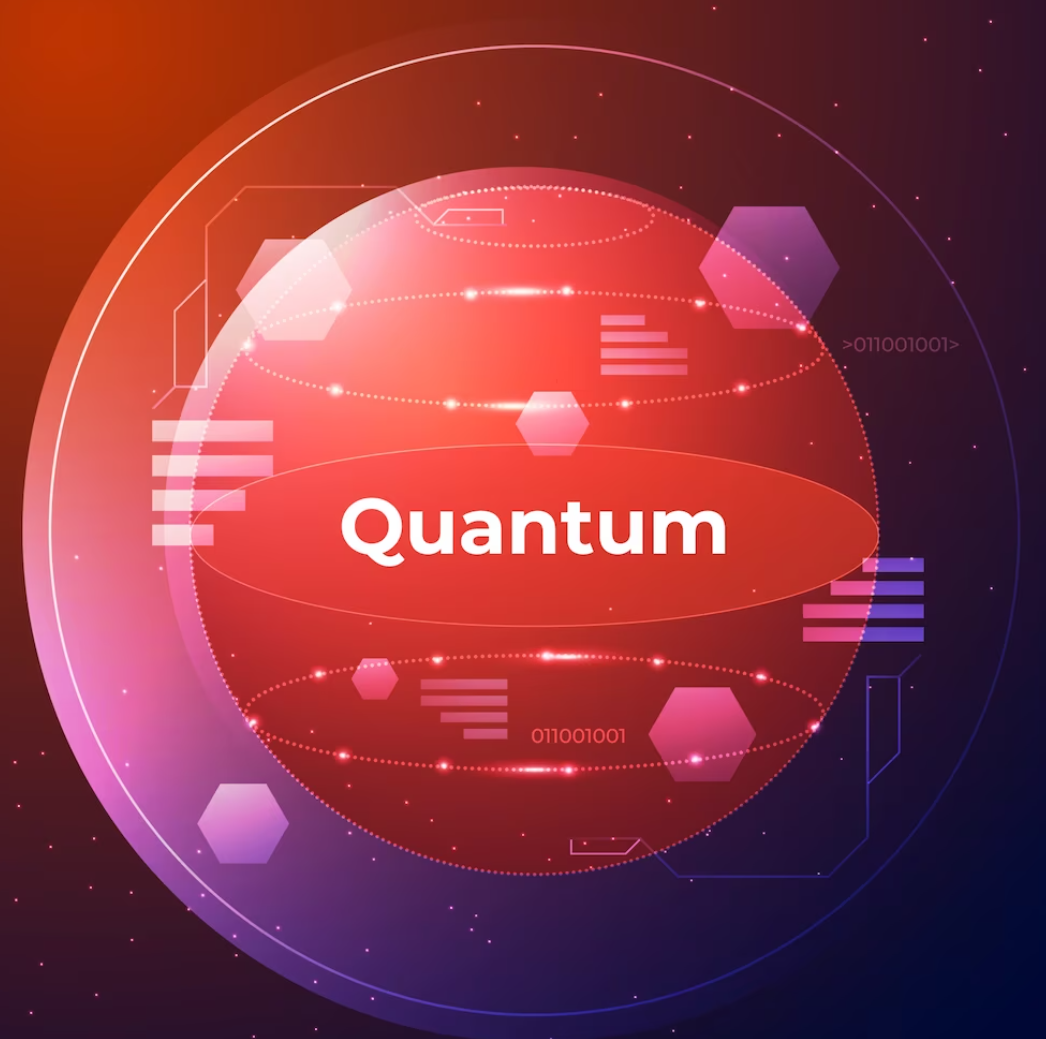Quantum computing stands at the forefront of technological innovation, promising to revolutionize the way we solve complex problems and process information. This article aims to provide a comprehensive overview of quantum computing, breaking down its fundamental concepts, applications, challenges, and future implications.

Table of Contents
Introduction to Quantum Computing
Quantum computing is a cutting-edge field that harnesses the principles of quantum mechanics to process information in ways that classical computers cannot. Unlike classical bits, which can represent either 0 or 1, quantum bits, or qubits, can exist in multiple states simultaneously due to a phenomenon known as superposition.
Understanding Quantum Bits (Qubits)
Qubits are the building blocks of quantum computing, representing a fundamental departure from classical bits. They can exist as 0, 1, or a combination of both thanks to superposition. This unique property allows quantum computers to perform complex calculations in parallel, leading to exponential increases in processing power for certain problems.
Quantum Entanglement and Superposition

Quantum entanglement is a phenomenon where two or more qubits become intertwined in such a way that the state of one qubit instantly influences the state of another, regardless of distance. Superposition and entanglement form the basis for quantum computing’s incredible potential, enabling it to explore multiple possibilities simultaneously.
Quantum Gates and Operations
Quantum gates are analogous to the logic gates in classical computing, but they operate using quantum states. These gates manipulate qubits, enabling the execution of complex operations. The combination of quantum gates allows for intricate calculations that were previously infeasible with classical computers.
Quantum Algorithms and Applications
Quantum computers excel in solving specific problems more efficiently than classical computers. Algorithms like Shor’s algorithm and Grover’s algorithm showcase their potential in factoring large numbers and searching unsorted databases, respectively. Quantum computing also has applications in cryptography, optimization, and simulating quantum systems.
Quantum Computing vs. Classical Computing
Classical computers rely on bits to process information sequentially, while quantum computers leverage qubits to process information in parallel. Quantum computers excel in solving certain problems exponentially faster than classical computers, but they are not universally superior. Classical computers still excel in many everyday tasks.
Challenges and Limitations of Quantum Computing
Quantum computing faces several challenges, including qubit stability, error correction, and environmental interference. Maintaining qubits’ delicate states is difficult, and errors can accumulate rapidly. Overcoming these challenges is essential for quantum computers to reach their full potential.
Quantum Supremacy and Milestones
Quantum supremacy refers to the point at which a quantum computer outperforms the most advanced classical computers in a specific task. Google’s achievement of quantum supremacy in 2019 marked a significant milestone in the field. However, quantum supremacy does not imply general superiority in all tasks.
Future Implications of Quantum Computing
The future of quantum computing holds immense promise. It has the potential to revolutionize fields like drug discovery, material science, artificial intelligence, and cryptography. Quantum computers could unlock solutions to problems that are currently computationally intractable.
Ethical and Security Considerations in Quantum Computing

As quantum computing advances, new ethical and security challenges arise. Quantum computers could potentially break existing encryption methods, necessitating the development of quantum-resistant encryption techniques. Additionally, the computational power of quantum computers could have implications for AI ethics and data privacy.
Common Misconceptions about Quantum Computing
There are several misconceptions about quantum computing, including the belief that it will render classical computers obsolete. In reality, quantum and classical computers are likely to coexist, each serving distinct purposes. Another misconception is that quantum computers can solve all problems; they excel in specific domains but are not universally superior.
Real-world Examples of Quantum Computing
Quantum computing’s impact is already being felt. For instance, IBM’s quantum computer has been used to simulate molecular interactions, which could accelerate drug discovery. D-Wave’s quantum annealers have been applied to optimization problems in logistics and finance.
The Role of Quantum Computing in Scientific Breakthroughs
Quantum computing has the potential to drive scientific breakthroughs by enabling simulations of complex quantum systems that are impossible for classical computers. This could lead to advancements in fields like quantum chemistry, materials science, and fundamental physics.
Quantum Computing in Various Industries
Numerous industries stand to benefit from quantum computing. Finance, for instance, could utilize quantum computers for complex risk assessment and optimization. Similarly, healthcare could leverage quantum computers for drug discovery and personalized medicine.
Conclusion
Quantum computing represents a revolutionary leap in computational power, with the potential to reshape industries, solve complex problems, and uncover new scientific frontiers. As researchers continue to push the boundaries of this field, the world awaits the groundbreaking discoveries and advancements that quantum computing will undoubtedly bring.
FAQs
Can quantum computers solve all problems faster than classical computers?
No, quantum computers excel in specific problem domains, such as factoring large numbers or searching unsorted databases. They are not universally faster than classical computers.
What is quantum entanglement?
Quantum entanglement is a phenomenon where two or more qubits become correlated in such a way that the state of one qubit instantaneously affects the state of another, regardless of distance.
How does quantum computing impact cryptography?
Quantum computing has the potential to break existing cryptographic methods, leading to the development of quantum-resistant encryption techniques to ensure data security in a quantum-powered world.
What is quantum supremacy?
Quantum supremacy refers to the point at which a quantum computer performs a task faster than the most advanced classical computers. It’s a significant milestone but doesn’t imply overall superiority.
Are quantum computers a threat to classical computers?
Quantum and classical computers have different strengths. While quantum computers excel in specific domains, classical computers remain essential for many everyday tasks.

